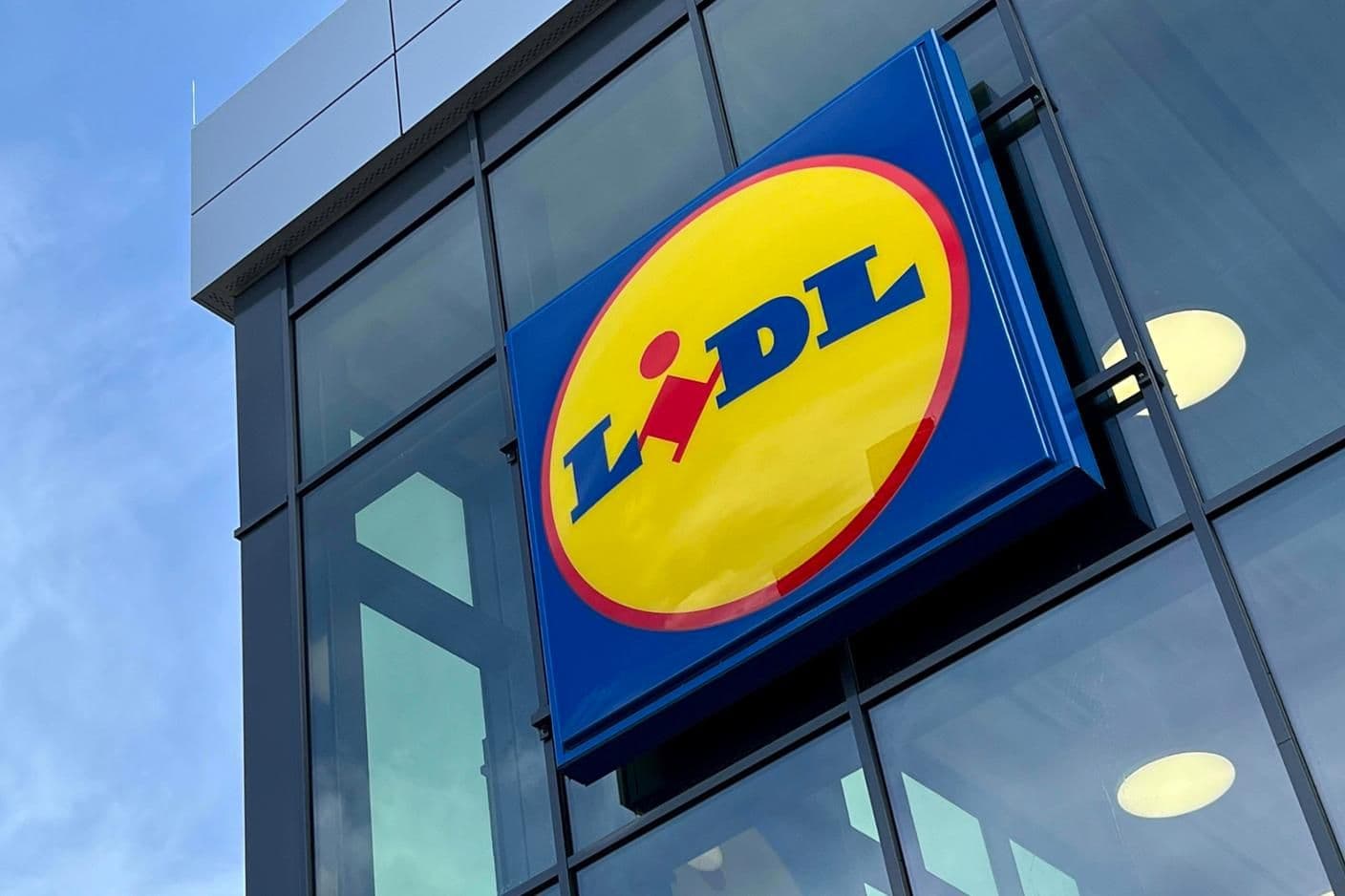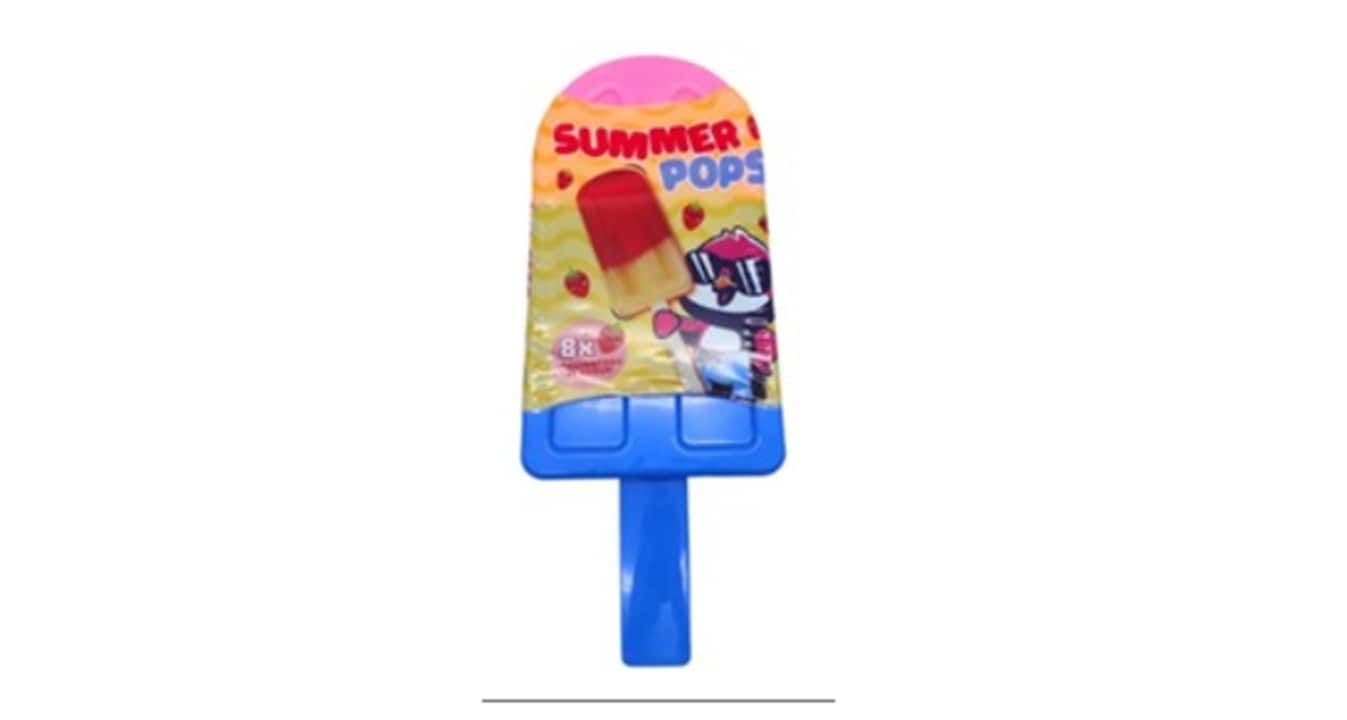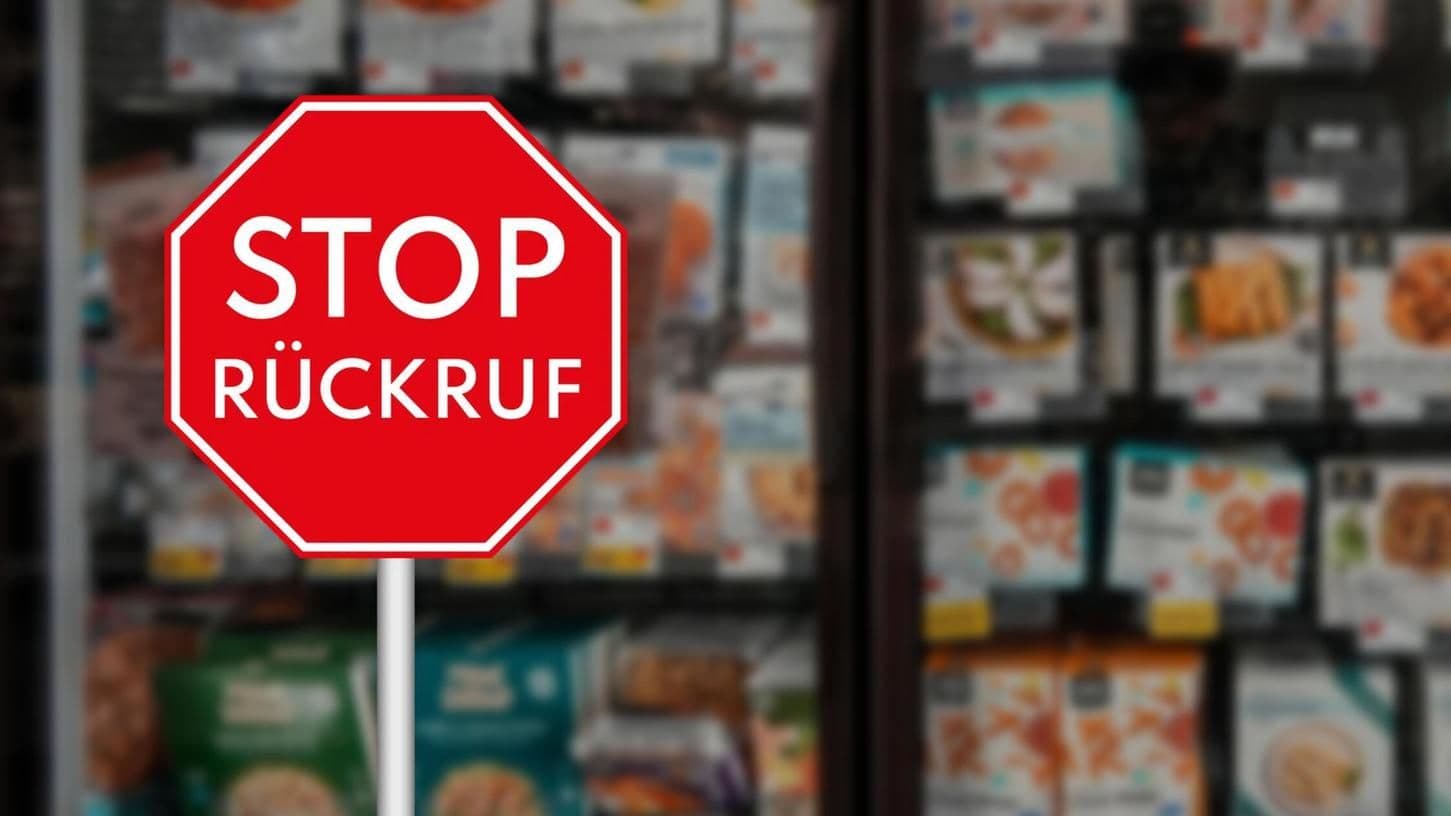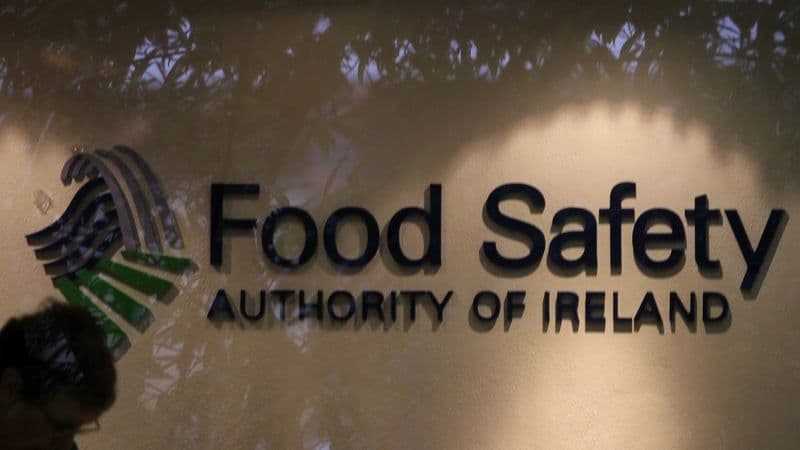Beyond the Best-By: Unpacking the Unexpected Hazard in Lidl's Waffles
Dive deep into Lidl's waffle recall. Learn about the hidden dangers of foreign bodies, the impact on consumer trust, and essential steps to protect your pantry.

Immediate Steps for Consumers: Your Waffle Action Plan
A recent announcement from on October 17, 2025, has sent ripples through the breakfast aisles, impacting one of their popular snack items: the "XXL Sondey Butterwaffeln mit Sirup, 560g." The reason for this recall is unsettling, prompting an urgent call to action from food safety authorities like . If you've recently purchased these delectable-sounding waffles, particularly with the Best Before Dates of December 9, 2025; December 15, 2025; December 16, 2025; December 17, 2025; or December 22, 2025, it's crucial to pay close attention. The Dutch supplier, , has initiated this public recall due to the potential presence of metal foreign bodies within the product. This isn't a minor concern; consuming these waffles could lead to serious injury. Your immediate action plan is simple and vital: do not eat them. The affected products were sold across , excluding Saxony-Anhalt and Thuringia. Thankfully, returning them is straightforward. Simply take the waffles to any store, and you'll receive a full refund, no receipt necessary. Furthermore, consider sharing this information with anyone you know who might have purchased these specific waffles; collective awareness is our first line of defense.

The Silent Threat: Why Foreign Bodies Matter in Food Safety
Understanding why a metal fragment in a waffle constitutes such a severe warning goes beyond mere inconvenience. Foreign body recalls, encompassing everything from shards of glass and splinters of wood to pieces of plastic or, in this case, metal, are fundamentally precautionary measures. The primary concern is the potential for physical injury: cuts to the mouth and throat are a common risk, but serious internal damage, though rarer, is a terrifying possibility, especially if the fragments are sharp or large. Imagine biting into a seemingly harmless treat only to encounter something that could chip a tooth or worse. This isn't just about consumer discomfort; it's about safeguarding public health. When a supplier like issues a recall for their "XXL Sondey Butterwaffeln," it signifies that despite their best efforts, a critical safety breach has occurred. It underscores the constant vigilance required in food production and highlights why consumers are urged not to simply discard the product in household waste but to return it. This ensures the manufacturer can investigate the contamination source properly, preventing future occurrences and reinforcing the importance of every step in the food safety chain.
From Factory to Fridge: Navigating Supply Chain Safeguards
The journey of food from its origin to our plates is a marvel of modern logistics, yet it's also a complex web where vulnerabilities can emerge. The incident with Sondey Waffles, traced back to Dutch supplier , offers a stark reminder of these intricate challenges. How do metal foreign bodies end up in a product like waffles? It could stem from various points: a malfunction in processing machinery, contamination during the handling of raw ingredients, or even human error on the production line. Modern food manufacturing relies heavily on sophisticated quality control systems, including metal detectors and robust Hazard Analysis and Critical Control Points (HACCP) protocols, designed specifically to prevent such occurrences. Yet, no system is entirely foolproof. This recall highlights the critical importance of continuous monitoring and rigorous adherence to safety standards throughout the globalized supply chain. Retailers like , though not the direct manufacturers, bear the responsibility of ensuring the products they sell meet these standards. Their swift action in facilitating returns, even without a receipt, demonstrates their commitment to consumer safety and their role in mitigating risks when a breakdown, however rare, occurs within their extensive network of suppliers.
Beyond the News: Cultivating Consumer Awareness and Trust
A food recall, while an immediate concern, also serves as a potent learning moment for both consumers and brands. For the consumer, it's an invitation to cultivate a heightened sense of awareness. Knowing where to find recall information – whether through official channels like , retailer websites, or local news – becomes invaluable. It's about turning a potential threat into informed action, understanding that checking product details like Best Before Dates and brand names is a small but significant step in personal food safety. For brands like , how they handle such incidents profoundly impacts consumer trust. A transparent, prompt, and consumer-centric response, such as offering full refunds without a receipt, can actually reinforce loyalty, demonstrating a genuine commitment to safety over profit. In an era of global supply chains and rapid information dissemination, maintaining this trust is paramount. It’s not just about removing a product from shelves; it’s about communicating effectively, taking responsibility, and showing that every effort is being made to prevent future issues. Ultimately, incidents like the Sondey Waffle recall underscore a shared responsibility: for companies to uphold the highest safety standards, and for consumers to remain vigilant and informed, collectively contributing to a safer food landscape.
Related Articles

Sweet Treat, Sour News: Unpacking the Vague Dangers of a Popular Ice Cream Recall

Sweet Treat, Sour News: Unpacking the Vague Dangers of a Popular Ice Cream Recall

When Dinner Delivers Danger: Inside the World of Food Safety Alerts

When Dinner Delivers Danger: Inside the World of Food Safety Alerts

More Than Just a Recall: Unpacking the Wiltmann Salami Incident's Broader Implications

More Than Just a Recall: Unpacking the Wiltmann Salami Incident's Broader Implications

The Unseen Threat in Your Supper: Unpacking Ireland's Ready Meal Crisis
